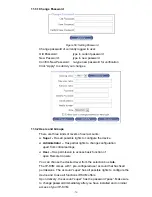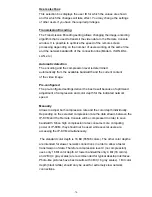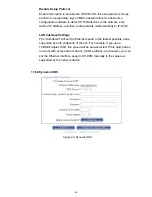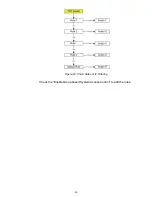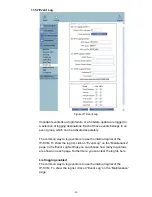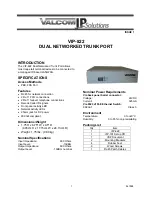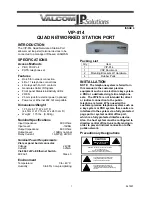
-89-
Force HTTPS
If this option is enabled access to the web front-end is only possible
using an HTTPS connection. The IP-KVM will not listen on the HTTP
port for incoming connections.
In case you want to create your own SSL certificate that is used to
identify the IP-KVM refer to the Section called
Certificate
.
KVM encryption
This option controls the encryption of the RFB protocol. RFB is used by
the Remote Console to transmit both the screen data to the
administrator machine and keyboard and mouse data back to the host. If
set to “Off” no encryption will be used. If set to ”Try” the applet tries to
make an encrypted connection. In case connection establishment fails
for any reason an unencrypted connection will be used.
If set to “Force” the applet tries to make an encrypted connection with
certificate. An error will be reported in case connection establishment fails.
Group-based System Access Control
This is the IP filtering function, it keeps unauthorized hosts from
accessing to the IP-KVM by specifying IP filtering rules. It is important
to fully understand what an IP filter is. If you don't fully understand this,
you will get unexpected results against your original plan.
Chain rule
The
Chain rule
determines whether the access from the hosts is
allowed or not. It can be one of these two values:
ACCEPT : access allowed
DROP : access not allowed
The rule can be configured to apply to a particular Group level
(All, User, Super, Administrator).
When the IP-KVM receives a TCP packet, it will process the packet with
the chain rule depicted below. The process ordering is important; The
packet will enter the chain rule 1 first, if meet the rule then take action
directly, otherwise go to chain rule 2.

